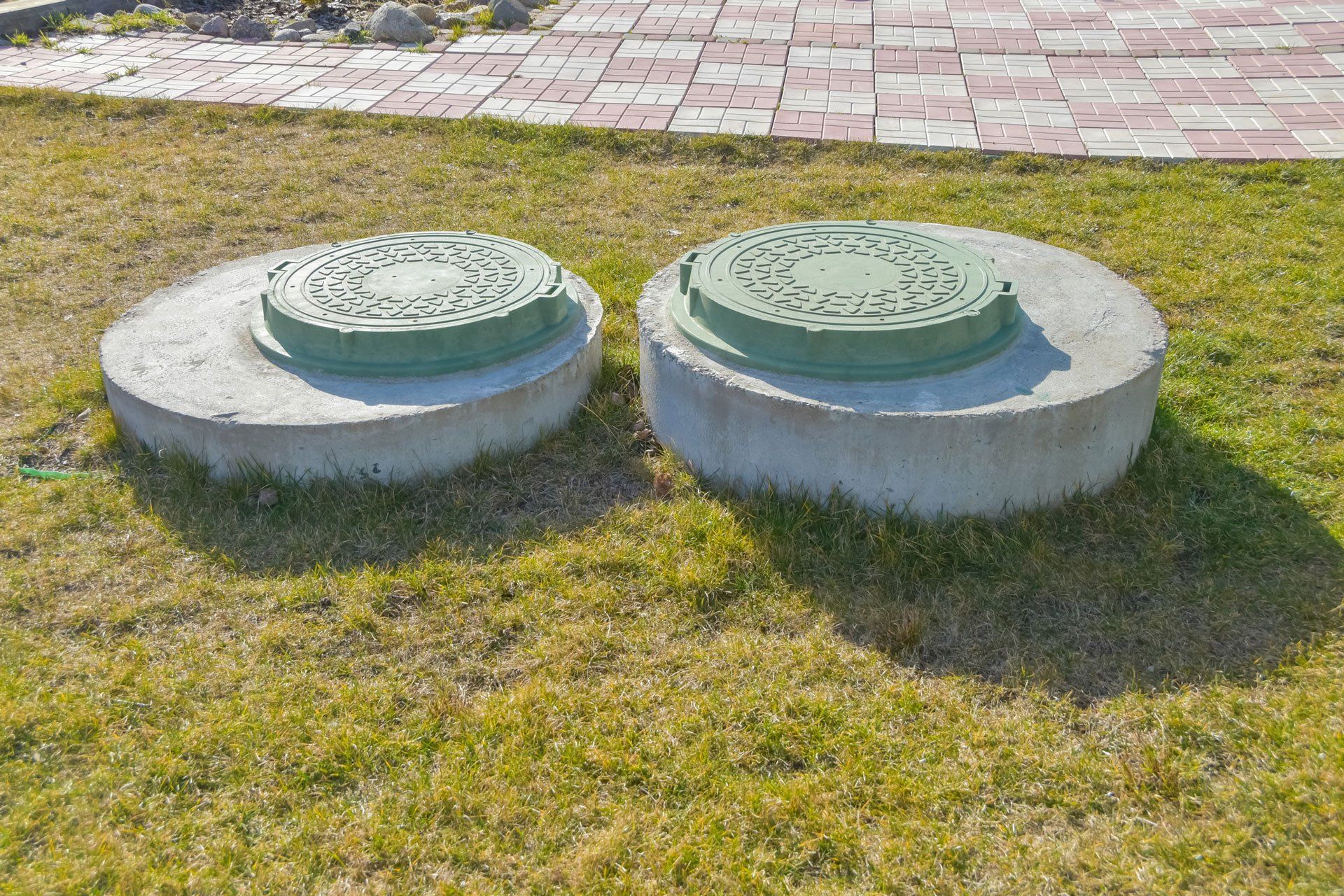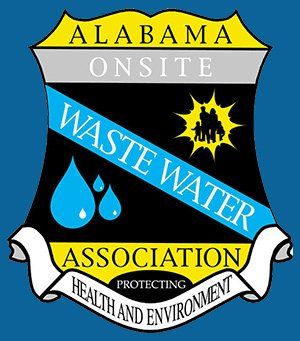5 Ways to Protect Your Septic Tank's Beneficial Bacteria
- By Admin
- •
- 05 Jan, 2021
- •

The average septic system contains many important components, but one of the most vital parts of any septic system is one you can't even see. Aerobic and anaerobic septic tank systems both rely on colonies of beneficial bacteria, which consume and break down the sewage and organic waste products that pass through the system on the way to the drain field.
However, while these helpful bacteria are hardy, they are not invincible. Using your home's septic system improperly can weaken and kill these vital microorganisms, preventing your system from properly processing waste. This can cause a variety of serious problems inside your septic tank and may leave it clogged with solid matter that can no longer be processed into safe, liquid form.
Fortunately, by following a few simple rules, you can keep the bacteria in your septic tank healthy and ensure that the waste and sewage you dispose of is properly processed. Keep the following guidelines in mind whenever you use your system.
1. Be Careful With Antibacterial Cleaners
If you use bleaches, antibacterial dish soap, or other harsh chemicals to keep your home clean and sterile, you should try to prevent these chemicals from entering your septic system as much as possible. If antibacterial agents enter the tank, they can cause severe damage to the bacteria contained within and may kill them off entirely.
This doesn't mean you should avoid cleaning your home, but any antibacterial agents you do use should not be disposed of via your toilet or drains. If you have no other option, diluting the chemicals with water as you flush them will help to weaken and neutralize their antibacterial properties.
In addition, you should also try to avoid using antibacterial liquids to clean yourself. Small amounts of antibacterial hand soap or shower gel shouldn't cause a problem, but using these products on a frequent basis can gradually weaken the bacteria inside your tank.
2. Be Smart With Medications
Septic tank bacteria can also suffer severe damage if they come into contact with certain types of medications, especially antibiotic medications.
If you need to dispose of surplus medications after recovering from an illness, never flush them down the toilet or any other drains connected to your septic system. Topical treatments, such as anti-fungal creams for skin conditions, should also be kept well away from the septic system.
3. Be Wary Of Moistened Wipes
Many people use moistened wipes in the restroom, either in addition to or instead of conventional toilet paper. However, these wipes should be avoided by households that use septic tank systems, as they cannot be effectively processed by bacteria and are frequently impregnated with antibacterial agents.
4. Avoid Additives
Many companies sell septic tank additives, which contain bacteria, enzymes and other substances which supposedly boost the effectiveness of the bacteria inside your tank. However, most septic tank experts consider these additive to be a waste of time and money. A properly maintained septic tank will naturally accumulate beneficial bacteria with time and use.
In some cases, introducing additives to your septic tank can do more harm than good. A variety of different bacterial species can be found in the average septic tank. If any of the bacteria or enzymes contained within the additives are incompatible with these species, they can quickly kill off the preexisting bacteria inside the tank, leading to serious problems with waste processing.
5. Repair Leaks and Breaks Swiftly
If your septic system springs a leak or an inflow pipe starts to degrade due to corrosion, bacteria and fungus from the soil outside the system can start to colonize the inside of your septic tank. These unwanted microorganisms can have harmful effects on the helpful bacteria inside the tank, so any breaches in the system must be repaired ASAP by a professional septic tank repair service.
Follow these basic rules, and the bacteria inside your septic tank are guaranteed a long and useful life. If you have any more questions about how to maintain your septic system, contact the experts at Allen Septic Tank Service today.

